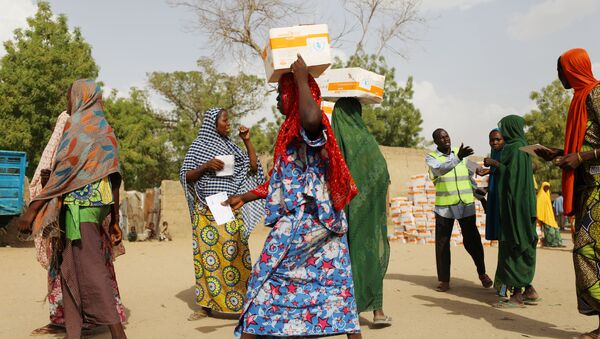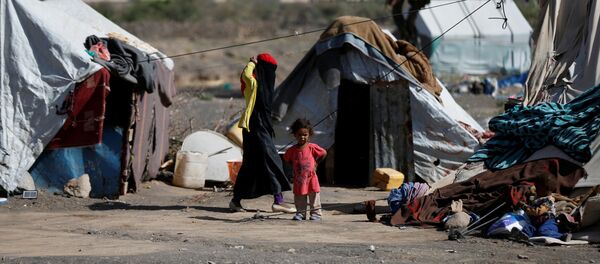"The WFP study found that countries with the highest level of food insecurity, coupled with armed conflict, have the highest outward migration of refugees. Additionally, when coupled with poverty, food insecurity increases the likelihood and intensity of armed conflicts; something that has clear implications for refugee outflows," the report said.
According to WFP, each 1 percentage increase in food insecurity in a population compels 1.9 percent more people to migrate, and 0.4 percent more people flee a country for each additional year of conflict.
"This means that a country with rising levels of food insecurity and conflict will experience greater outward migration, or movement of people away from their homes," the report said.
The report recommends that the international community must invest in food security and livelihoods at or near people’s place of origin, as it may prevent further displacement, reduce forced onward migration, and result in more cost-effective humanitarian interventions. The study shows that the majority of the refugees prefer to stay closer to their places of origin in culturally and socially familiar environments.
According to WFP, in 2015, the number of international migrants, including refugees, reached a record 244 million and 21.3 million respectively – an increase of 41 percent and 37 percent since the year 2000.
Never miss a story again — sign up to our Telegram channel and we'll keep you up to speed!






